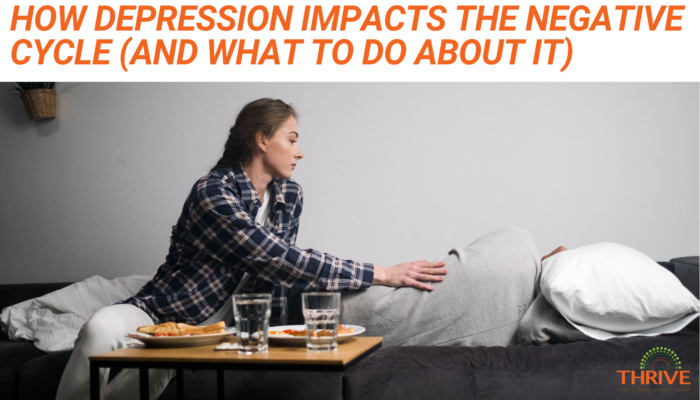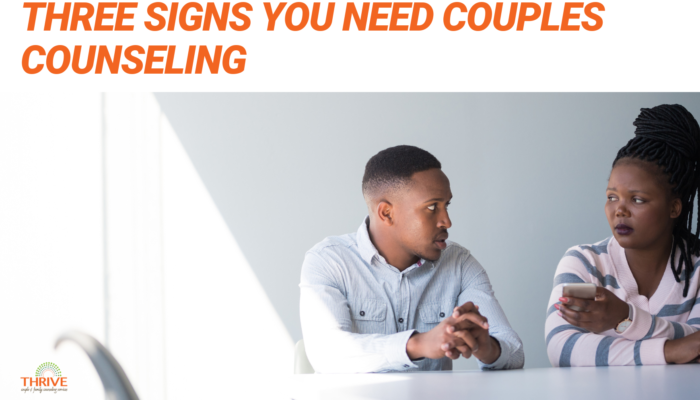“Hope is wishing for a thing to come true.
Faith is believing it will come true.
Work is making it come true.”
-Dr. Norman Vincent Peale
You’ve been going to relationship counseling for a while now. After the time, money, and effort that you’ve put in so far, is this Emotionally Focused Couples Therapy thing really working to help your relationship?
Every couple will respond differently to therapy due to your diverse backgrounds, experiences, family lives, relationship experiences, and even unique perspectives of your own relationship.
Here are some checkpoints to look for in relationship counseling as you grow, shift, and change together.
1) Building an alliance with your therapist in relationship counseling.
After attending even a few sessions, you will start to feel a bond with your counselor. Important aspects to note are if your therapist
- a) hears both of you
- b) takes your needs and goals seriously
- c) and is committed to helping you as a couple.
If you feel a sense of collaboration in the therapy process and active commitment from your counselor, you are more likely to make progress toward your goals. Your therapist is here to help, and this should be felt by both of you!
2) Identifying your conflict cycle.
Couples entering into therapy together may have some idea of what is going on in moments of distress, but the cause of your “here we go again” cycle may be difficult to pin down on your own. Emotionally Focused Therapy can help you become aware of the emotional underpinnings of your common and repetitive back-and-forth disagreements. After a few sessions, you will also be more cognizant of what you and your partner are feeling underneath the cycle and can start to connect how those emotions affect your typical responses to one another.
3) Becoming aware of your emotions.
Emotions are there to help you to figure out your most essential needs. Feelings pop up when you experience challenges and can alert you to stressors and problems. Experiencing emotions can also stabilize you and your partner when you are off balance and help you to respond to each other appropriately.
As you continue to meet together with your counselor in relationship counseling, you will start to understand the role your feelings play in the context of your relationship and the structure of your interactions. What’s happening underneath the surface? What triggers certain responses within you or your partner? What makes you feel confused, frustrated, angry, or sad?
Awareness is the beginning of unraveling the cycle you have gotten caught up in again and again. Throughout the process of Emotionally Focused Couples Therapy, you will become more conscious of your emotions, start to discern your partner’s feelings, and will begin to describe what’s happening internally when your typical argumentative pattern starts to heighten.
4) Having more control over your reactions.
You may find after you commit some time to relationship counseling that you can better tolerate both negative and positive feelings. As you become familiar with your emotional process, you’ll start to figure out how these reactions are related to your past and are triggered in the context of your current relationship. You and your partner can then feel more in control when these attachment responses rise to the surface.
As a couple, you’ll develop ways to understand and manage low-intensity feelings and eventually be able to manage higher intensity emotions like anger or sadness that may come out during your cycle. This emotional regulation doesn’t mean you won’t feel your emotions, but you will start to experience them without aggressive or withdrawing responses taking over and high-jacking your interactions with each other.
It’s important to note that you may still have conflict or even perhaps see a short-term increase in conflict. The latter is especially true if you have been stuck in a pattern of avoidance of feelings and common conflict triggers.
The point of relationship counseling is never to eliminate conflict or big emotions. Rather, when we feel the things we feel, are we both beginning to have some flexibility in how we respond in those moments.
5) Becoming more responsive to one another in relationship counseling.
You know that “whatever” or “I don’t care” feeling when your partner brought a concern to you in the past? That ambivalence will start to dissipate as you enter more deeply into the work with one another.
You and your partner can start to acknowledge and understand the feelings, needs, thoughts, and goals you each hold and express. You’ll find you will start to more easily empathize with your partner’s emotions and they can respond with compassion to yours. You will begin to realize the difference between your inner emotional states and how they come out in the outward behavioral expression of your cycle. Overall, you will both start to feel more comfortable when either of you expresses your feelings as you continue to understand what’s going on beneath the surface of your recurring disagreements.
Also, a normal part of the process is to figure out “What gets in the way of me being responsive to my partner, or my partner being responsive to me?” If there are blocks inside of either of you, we can almost always make sense of why those blocks might be there. There are usually good reasons, either from a person’s individual history, or from the experiences within your relationship that make it harder to trust.
Rather than view this emerging block as a failure, in EFT, we view its discovery as a necessary stepping stone to your eventual closeness. The good news is that even blocks can be understood, and the emotions surrounding them can be shared (See Goals #1-4 above).
Blocks in Couples Therapy: “The best way out is always through. ” —Robert Frost
6) Expressing yourselves in new ways.
Couples who can practice emotional flexibility are more likely to stay together for the long haul. As you continue on the EFT journey, your emotional expressiveness will keep increasing as your inhibitions fall away. When you started the process of Emotionally Focused Couples Therapy, you may have felt you were holding yourself back, feeling the need to repress or be dishonest to the point of “emotional implosion”. On the other hand, you may have been caught in a pattern where you verbally and nonverbally exploded and felt unable to control your anger and frustration.
EFT can give you the language to express what is going on internally and help you build confidence to communicate in new ways with your partner. In between counseling sessions, you may also notice a decrease of rumination or focusing your attention on your distress, and find yourself able to think of and express creative solutions to old problems.
7) Bottom Line, A.R.E.:
The goal of Emotionally Focused Therapy is to help bring you and your partner to a place of increased Accessibility, Responsiveness, and Engagement. Gradually, you will both learn to pay attention to one another, soothe and celebrate each other, and assure one another that you both matter and are deeply valued.
It is a process, but we at Thrive are alongside both of you on this journey. We hope that as you commit to relationship counseling, you and your partner will start to engage in new and different ways, finding relief not only during sessions but outside of the counseling office.
REFERENCES:
- Ghochani, M., Saffarian Toosi, M., & Khoynezhad, G. (2020). A comparison between the effectiveness of the combined couple therapy and emotionally focused therapy for couples on the improvement of intimacy and PTSD. Learning and Motivation, 71. Retrieved from Grand Canyon University Library.
- Greenberg, L. S., Elliott, R. & Pos, A. (2007). Emotion-focused therapy: an overview. European Psychotherapy, 7(1),19–39
- Motaharinasab, Akram & Bahramabadi, Mahdi & Ahmadi, Khodabakhsh. (2016). The Effect of Emotionally Focused Therapy on Emotional Expression Styles Among Married Women. International Journal of Mental Health and Addiction. 14. 10.1007/s11469-015-9614-6.
- Johnson, S.M. (2004). The Practice of Emotionally Focused Couple Therapy: Creating Connection (Basic Principles into Practice Series). Brunner- Routledge, New York.
- Rathgeber, M., Bürkner, P., Schiller, E., & Holling, H. (2019). The efficacy of emotionally focused couples therapy and behavioral couples therapy: A meta-analysis. Journal of Marital and Family Therapy, 45(3), 447–463. Retrieved from Retrieved from Grand Canyon University Library.
- Saarni, C. (1999). The development of emotional competence. New York: The Guildford Press.
- Sandberg, J. G., Brown, A. P., Schade, L. C., Novak, J. R., Denton, W. H., & Holt-Lunstad, J. (2015). Measuring Fidelity in Emotionally Focused Couples Therapy (EFT): A Pilot Test of the EFT Therapist Fidelity Scale. American Journal of Family Therapy, 43(3), 251–268. Retrieved from Grand Canyon University Library.
- Traue, H. C., Kessler, H., & Deighton, R. W. (2016). Emotional Inhibition. In G. Fink (Ed.), Stress: Concepts, Cognition, Emotion, and Behavior (pp. 233-240). San Diego, CA: Academic Press. Retrieved from ScienceDirect.




